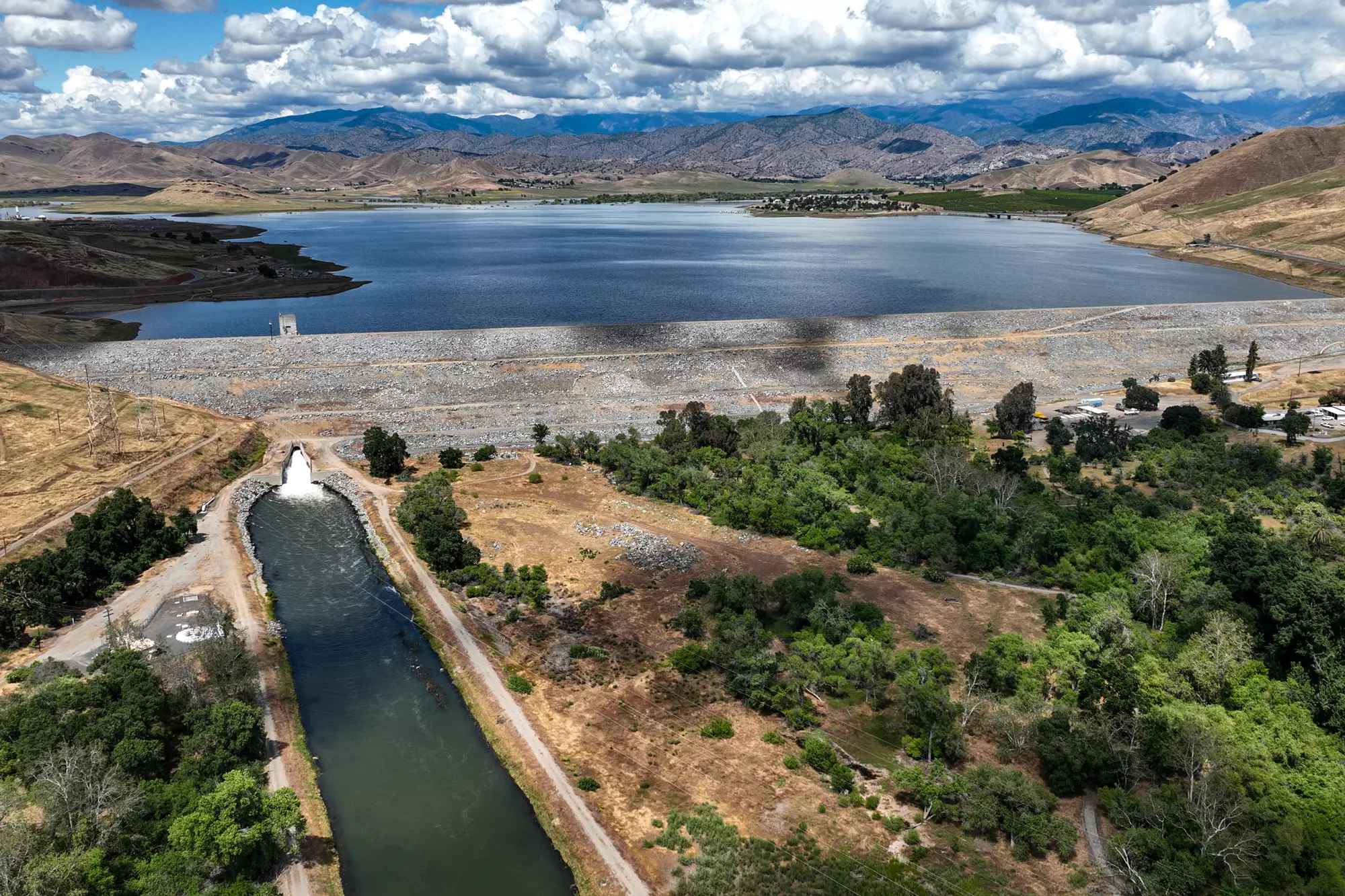Still rainy, still with cold, sleeping half the day it seems, reading a bit. I roused myself about two hours ago and here’s what I came up with.
- Heather Cox Richardson on the obvious: that Republicans are letting an un-elected billionaire run the government;
- Why Trump is shutting down USAID;
- And withdrawing from the United Nations Human Rights Council;
- And wants to “clean out” Gaza;
- How the coup is deleting data it doesn’t like;
- And how if what’s happening here happened in any other country, we’d be calling it a coup.
Here’s what I think is a key point. There are always people like Trump, in every society, and their followers. They are driven by base human nature tribal values. Disregard for anyone outside their tribe, in this case white men, who say out loud that people of other races, and women, cannot be trusted. The question now is whether our American society, built on Constitutional principles designed to overcome those prejudices and claim equality, can survive someone like Trump. And it seems increasingly uncertain that that can happen.
\\\
Let’s start with a summary from Heather for today.
Letters from an American, Heather Cox Richardson: February 3, 2025
I’m going to start tonight by stating the obvious: the Republicans control both chambers of Congress: the House of Representatives and the Senate. They also control the White House and the Supreme Court. If they wanted to get rid of the United States Agency for International Development (USAID), for example, they could introduce a bill, debate it, pass it, and send it on to President Trump for his signature. And there would be very little the Democrats could do to stop that change.
But they are not doing that.
Continue reading →












